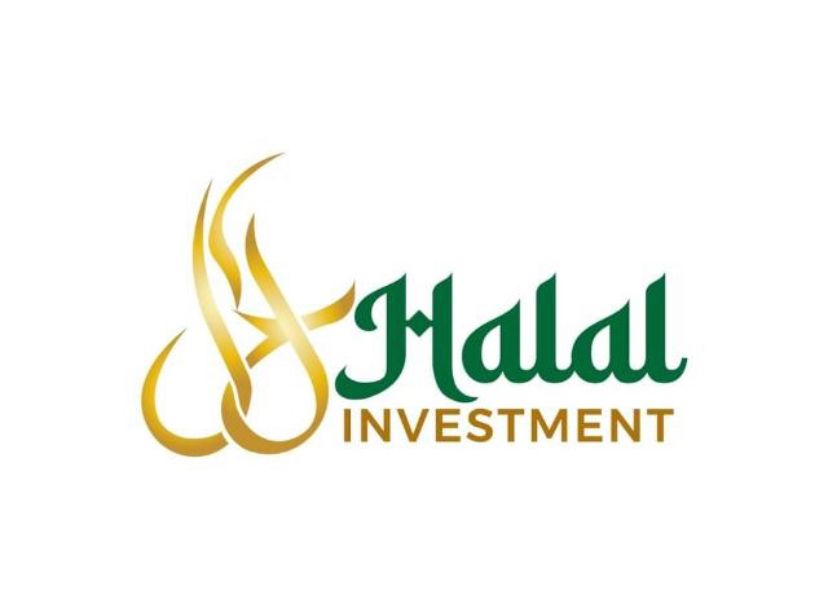
When it comes to building sustainable wealth, investments are a powerful tool that can accelerate your financial growth over time. As the fifth dimension of income, investments provide an opportunity to grow your assets, preserve wealth, and work towards long-term financial goals without the need for continuous active effort. The world of investments offers a variety of opportunities, but it is crucial to ensure that any investment strategy aligns with Islamic teachings and is halal, free from interest (riba), excessive speculation (gharar), and unethical practices.
In this comprehensive guide, we will explore halal investment options, offer pro tips to navigate the investment landscape, and provide strategies for beginners to advanced investors. Whether you’re just starting or looking to diversify your portfolio, this article will help you gain a deeper understanding of halal investments.
What Are Halal Investments?

In Islam, wealth generation must be ethical and avoid transactions that involve interest (riba), gambling (maysir), and uncertainty (gharar). Halal investments, therefore, refer to financial assets and opportunities that adhere to these principles and are permissible under Shariah law. The primary goal of halal investing is to grow wealth while staying true to Islamic values.
Key Principles of Halal Investments:
- No Interest (Riba): Any form of interest is strictly prohibited in Islam, so halal investments must avoid bonds, conventional savings accounts, and any other interest-based financial products.
- No Speculation or Gambling (Maysir): Investments that are highly speculative or involve gambling, like some forms of stock trading and cryptocurrency speculation, are considered haram.
- No Unethical or Harmful Sectors: Investing in businesses involved in alcohol, tobacco, weapons, gambling, and other prohibited industries is not allowed.
Why Should You Invest?

Before diving into specific investment types, it’s important to understand why investing is crucial for long-term financial health:
- Wealth Preservation: Investments help protect your wealth from inflation, ensuring that your purchasing power does not diminish over time.
- Financial Growth: With the right strategy, investments allow your money to work for you, compounding and growing exponentially over time.
- Achieving Long-Term Goals: Whether you’re planning for retirement, buying a home, or saving for your children’s education, investments can help you reach your financial milestones faster.
- Diversification: By investing in multiple asset classes, you can spread risk and protect yourself from market volatility.
Types of Halal Investments

1. Real Estate Investments

Real estate remains one of the most popular and reliable forms of halal investment. Investing in property offers the potential for steady rental income and capital appreciation over time. You can invest in residential, commercial, or industrial properties, depending on your goals and financial capabilities.
How to Get Started:
- Direct Property Ownership: You can buy and rent out property, ensuring that all contracts and dealings are Shariah-compliant.
- Real Estate Investment Trusts (REITs): These funds allow you to invest in real estate properties without owning or managing the physical property. Look for Shariah-compliant REITs that avoid interest-based financing and invest in halal sectors.
Pro Tip:
Real estate investments often require significant capital upfront. If you’re just starting out, consider pooling funds with family members or trusted partners to make your first purchase.
2. Peer-to-Peer (P2P) Lending on Halal Platforms

Peer-to-peer lending allows individuals to lend money to businesses or entrepreneurs through a digital platform. On halal P2P platforms, lenders and borrowers agree on a profit-sharing or fee-based arrangement without involving interest.
Benefits:
- High Potential Returns: P2P lending can offer higher returns than traditional savings accounts or bonds, without violating Islamic principles.
- Diversification: You can diversify your portfolio by lending to multiple borrowers across different industries.
How to Get Started:
- Choose a Halal P2P Platform: Platforms like Nusa Kapital, Ethis and Beehive offer halal P2P lending opportunities that avoid interest and operate ethically.
- Diversify Your Loans: Lend small amounts to multiple businesses to spread risk.
3. Halal Business Investments

If you’re interested in entrepreneurship or supporting small businesses, consider investing directly in halal startups or companies. You can become a silent partner or equity shareholder in a company that aligns with Islamic principles. This allows you to benefit from the profits without directly managing the day-to-day operations.
How to Get Started:
- Angel Investing: Invest in halal startups through platforms like AngelList or directly in businesses you believe in.
- Business Partnerships: Form partnerships where you provide capital in exchange for a share of the business’s profits.
Pro Tip:
Conduct thorough due diligence before investing in any business. Ensure that the company’s operations, business model, and revenue streams are entirely halal.
Pro Tips for Ethical and Successful Investing
- Stay Informed: Constantly educate yourself about the markets, Shariah-compliant investment options, and economic trends. Knowledge is your greatest asset.
- Consult with Islamic Financial Advisors: Seek advice from financial experts who specialize in Islamic finance to ensure your investments are compliant and strategic.
- Diversify Your Portfolio: Don’t put all your eggs in one basket. Spread your investments across multiple asset classes to balance risk and reward.
- Focus on Long-Term Growth: Patience is key when it comes to investing. Focus on long-term growth rather than short-term gains.
Feel inspired? Dive into more of my expert guides:


Leave a Reply